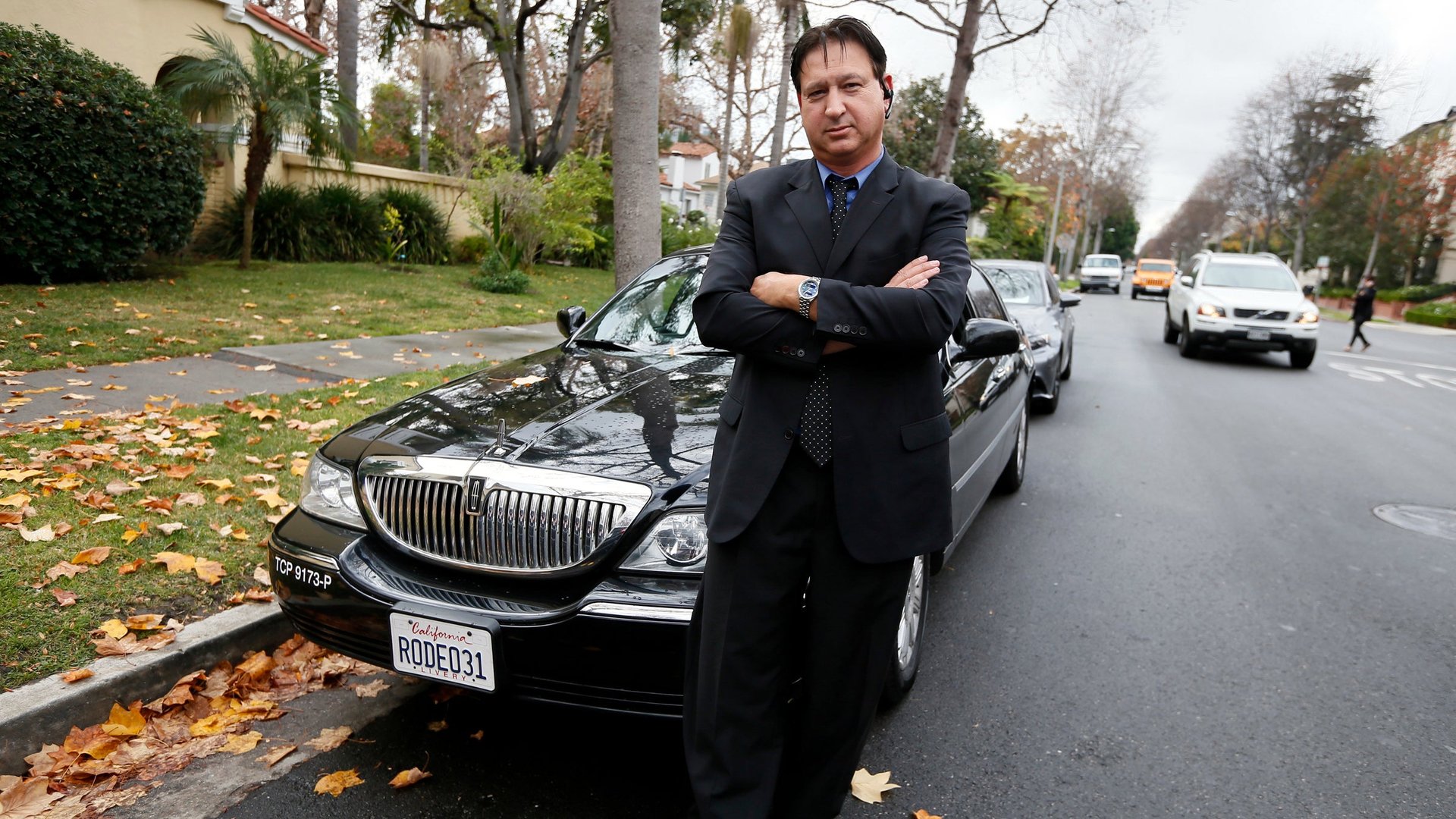If you want to understand Uber, don’t lump it into the “sharing economy”
There’s little love lost between regulated industries and the tech start-ups seeking to disrupt them. The US’s national trade association for taxis just launched a website urging unhappy users of online car services like Uber to report bad experiences to the local authorities.


There’s little love lost between regulated industries and the tech start-ups seeking to disrupt them. The US’s national trade association for taxis just launched a website urging unhappy users of online car services like Uber to report bad experiences to the local authorities.
The challenge for cities and their residents is finding a way to separate the cartel-like benefits that taxi companies enjoy when their numbers are artificially limited—a key reason why there’s demand for services like Uber that can offer something better—from common-sense rules intended to keep customers safe.
It won’t help, however, to pretend that Uber is something it isn’t. That’s a mistake made by Arun Sundarajan, a business-school professor at New York University, who argues that the sharing or peer-to-peer economy—jargon for companies that rely on the internet to facilitate deals directly between people rather than between people and companies—can regulate itself.
Some of the examples Sundararajan cites are indeed peer-to-peer companies. Lyft and Sidecar, two of Uber’s competitors, provide ride-sharing by matching up car-owners with passengers, while AirBnB allows people to rent their own homes temporarily.
But Uber, the most successful of the three ride-sharing companies Sundararajan cites, isn’t really about ride-sharing. Anecdote and reporting suggest that most people who offer their driving services via Uber aren’t occasional moonlighters, but people who drive for a living. Uber declined to share data about whether its driver “partners” are professionals or how many hours they work on average, but its promotional materials focus on former taxi or limo drivers, or people building a business on top of the company’s platform.
Sundarajan suggests that these companies can regulate themselves because government can’t keep up with the fast-paced peer-to-peer markets. Whatever the truth of that argument, Uber isn’t peer-to-peer: It is about connecting customers with established businesses, through a marketplace which is eager to avoid any liability for the transactions it clears. And that’s an area where self-regulation doesn’t have a very rosy history—it helped bring you the Libor price fixing scandal and the US housing bubble.